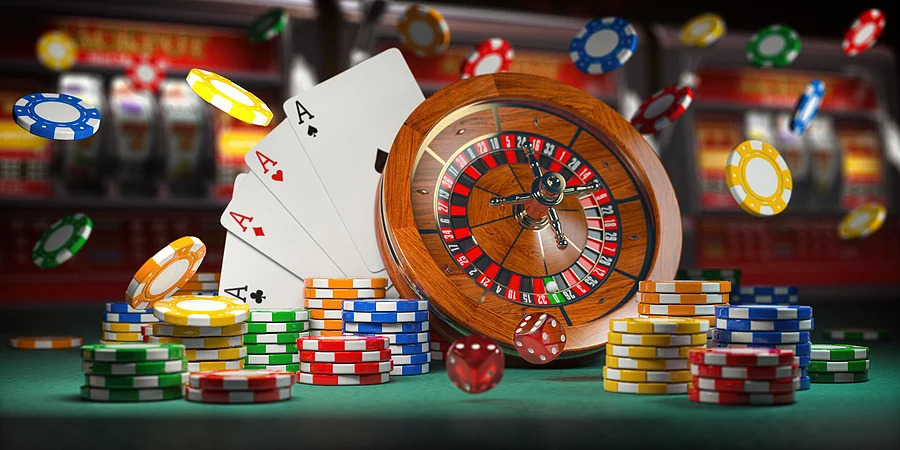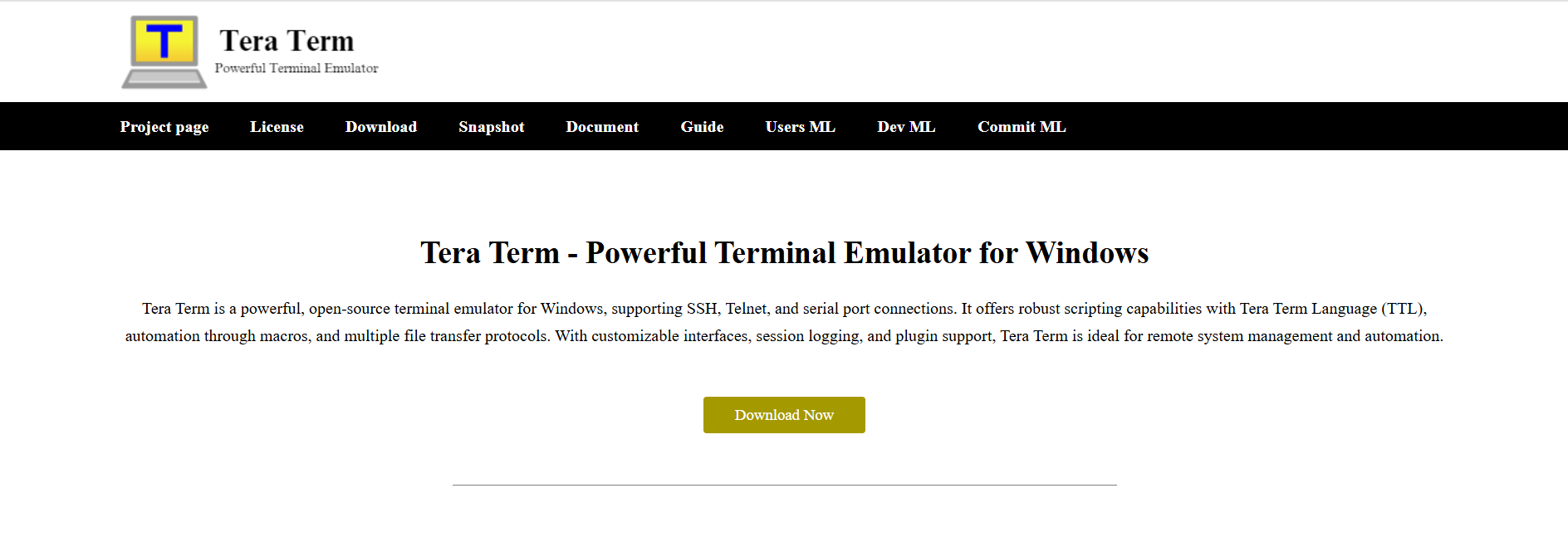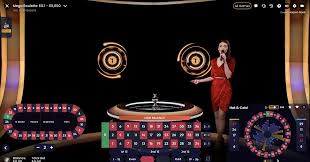The Psychology of Chasing: Why Some Players Never Stop

It is not playing alone, but the post near-miss that happened is also focused. The right thing the individual would do is to learn the chase mentality so that he/she can never want to be different and make smarter decisions in the years to come.
The Chasing Mindset Where It Begins
The majority of players are not chasing players. It starts small, a series of would-be wins, one close call, a winning streak that is snuffed out only at the very last second of a big payoff. It is at this moment that your brain jumps into pattern mode and leads you to believe that, sure, it is possible that the next time is the right time.
This behavior has a neurological component to it. The dopamine bursts when there is anticipation of some sort, even more than when there is a win. It is the hope of success as opposed to actual success that is the emotional high. That is what makes you want to go on.
Some of them are redemption seekers; it is about completing a sequence of bad performances. To some people, it is the exhilaration. However, logic has little to do with chasing. It is emotionally charged, and that is where the danger lies.
To counter the desire to keep going, it will be useful to understand that it is natural and, in many cases, even foreseeable. And the first stage to control is being aware.
Emotional Loops and The Reason That is So Difficult to Break
This is not just a loop internal to itself. There is also an extreme bill: the thrill must be maximized, the devices are platforms that involve a great speed of actions, music, and making the payment process as easy as possible in order to ensure that every decision feels insignificant at the moment. Add to this tiredness or stress, and even the most rational human will begin pursuing.
It is not a weak will question- it is a matter of the environment, attitude, and time. This is why the routine, restrictions, and talked-out pauses will be miles and miles. And that is also why top-ups just to make sure can be a pointer.
The shield can be in the moment between the intention and the action as by programming the use of the manual payment systems or adjusting other slower tactics. Some little steps will enable one to crack the circle, before it becomes out of control.
Making an Advanced Play as Habits
Not to quit, but to be conscious in the play, the opposite of chasing. It begins by establishing your vision of a successful person. Perhaps it is sticking with the budget that you have set or you only play during specific periods, or you know when to quit and call it a night.
Minor rites can serve to fix your practice. To give you an example, having a definite budget at the beginning of the session, using a timer, or having a simple record of the results. These measures are not about limitation; it is about mindfulness.
It is the same with your way of transactions. Using structural deposit techniques, monitoring limits, and checking your activity on a regular basis is another source of stability. Rather than proceeding with payments as a means to an end, payments are a way to stop and think.
There are tools and platforms designed to support this mindset. Whether you’re starting out or refining your approach, it pays off to explore smart features — some of which you can read more about if you’re looking for extra clarity.
Final Thoughts
The pursuit is strong- the pursuit is all mankind. But having knowledge of it is fifty percent of the solution. There is not much mindfulness of both of your thinking and actions that you need to think differently to become strategic rather than reactive. Whether one is never inclined to it or not, the thing is to be prepared when it does happen.
This provides you with an advantage to know how your feelings, habitual tendencies, and even your payment options interrelate, because not in the glitzy sense – but in the stable, earthy one. And that is the difference between burned-out and players who have the enjoyment of the ride.




